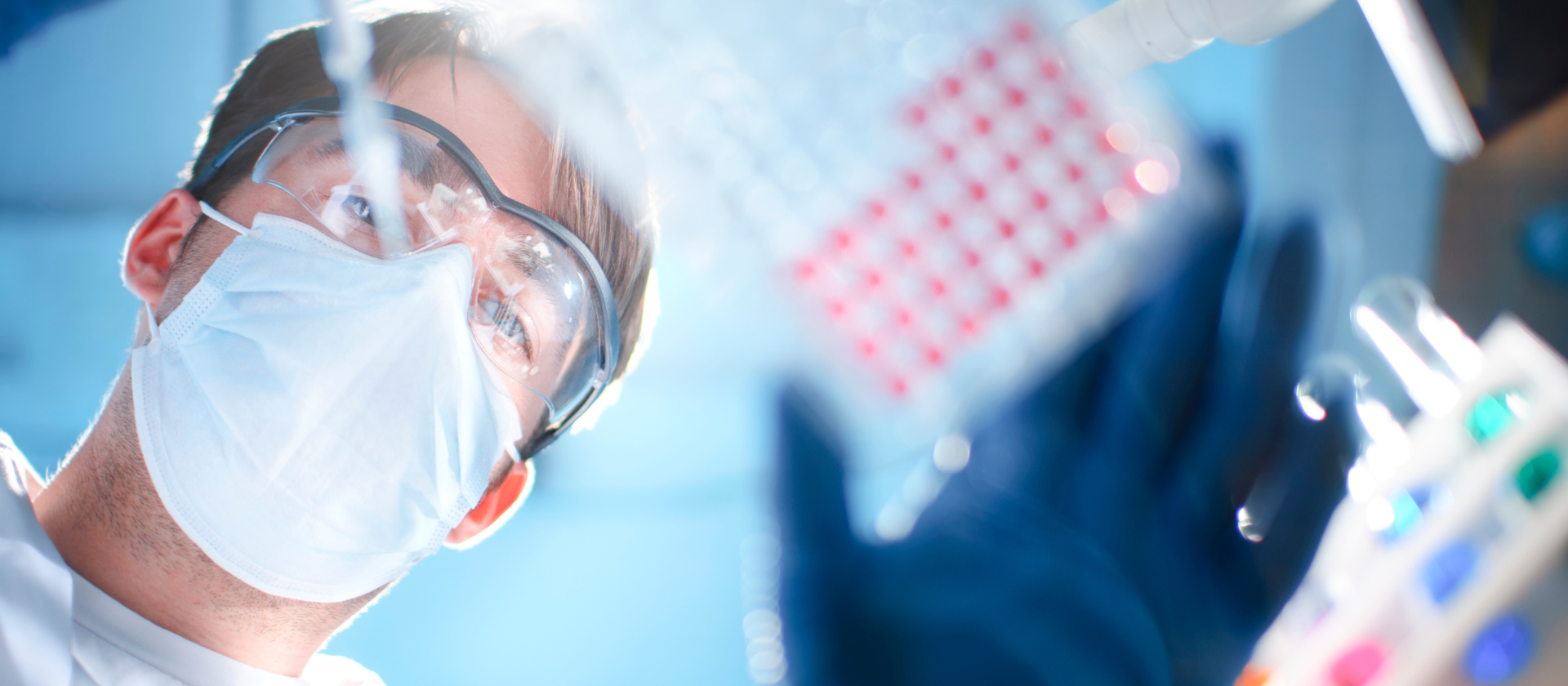How To Remove RNase or DNase From Plastic Containers
There are many ways to remove contaminants, such as RNase and DNase, in your plastic containers. But first, what contaminates do you need to remove and what are they? RNase, an enzyme that breaks down RNA, and DNase, which breaks down DNA, are contaminants that can interfere with nucleotide research.

DNase can be destroyed by autoclaving for 15 minutes at 121°C (250°F) or by following any of the procedures listed below. One or more of the following techniques will inhibit or remove RNase from your plastic container. Match the resin code on the bottom of your Nalgene® container with the correct technique.
The Standard Technique
- Heat at 180°C for at least 8 hours.¹
- Rinse in Chloroform.¹
- Soak in a 0.1% aqueous solution of diethyl pyrocarbonate² (DEPC) for 2 hours at 37°C (99°F); rinse several times with sterile (DEPC-treated) water*; heat to 100°C (212°F) for 15 minutes or autoclave for 15 minutes at 121°C (250°F) on a liquid/slow exhaust cycle. (Heating or autoclaving will remove DEPC residues). Note heating variations in the chart below.
- Clean equipment with a detergent solution, rinse thoroughly with water and rinse with 95% ethanol to dry. Soak the equipment in a 3% hydrogen peroxide (H2O2) solution for ten minutes at room temperature. Rinse the equipment thoroughly with DEPC-treated water.¹³
- Soak Equipment in 0.1N Sodium Hydroxide (NaOH) in 0.1% EDTA in Water Overnight and then rinse thoroughly with DEPC-Treated Water.
RNase/DNase Removal Chart by Plastic Type
| Plastic | 1 | 2 | 3 | 4 | 5 | |
|---|---|---|---|---|---|---|
| Resin | (Heat) | (Rinse) | (Soak) | (Soak) | (Soak) | Comments |
| ETFE | X | X | X | |||
| FEP | X | X | X | X | X | |
| HDPE | X∼ | X | X | X | Heat to 100°C for 20 minutes | |
| LDPE | X∼ | X | X | X | Heat to 70°C for 120 minutes | |
| PC | X≋ | X≋ | ||||
| PETG | X | X | X | Heat to 60°C overnight | ||
| PFA | X | X | X | X | X | |
| PP/PCO | X∼ | X | X | X | ||
| PMP | X∼ | X | X | X | ||
| Barex | X | X | ||||
| HIPS | X | X | X | Heat to 70°C for 120 minutes | ||
| PVC | X | X | X | Heat to 60°C overnight | ||
| TPE | X | X | X |
∼ Rinse only, no long-term contact
≋Rinse copiously to minimize chemical attack
Reprinted with permission from Nalge Nunc International.
Sources & Footnotes:
*DEPC-treated water: Add 0.1% DEPC to water and allow to sit for at least 12 hours at 37°C (99°F). Then heat the water to 100°C (212°F) for 15 minutes or autoclave at 121°C (250°F) for 15 minutes.
¹Sambrook, J.; Fritsch, E.F.; Maniatis, T.; "Extraction and Purification of RNA"; Molecular Cloning: A Laboratory Manual, Second Edition; 7.3, Cold Springs Harbor Laboratory Press (1989).
²Caution: DEPC is a suspected carcinogen and should be handled with care. DEPC solutions are irritating to the eyes, mucous membranes and skin.
³Titus, David E.; Nucleic Acid Detection, Purification and Labeling; Rapid Isolation of Total RNA; PROMEGA Protocols and Applications Guide, Second Edition; pp. 125-126, 203; Promega Corporation (1991).




